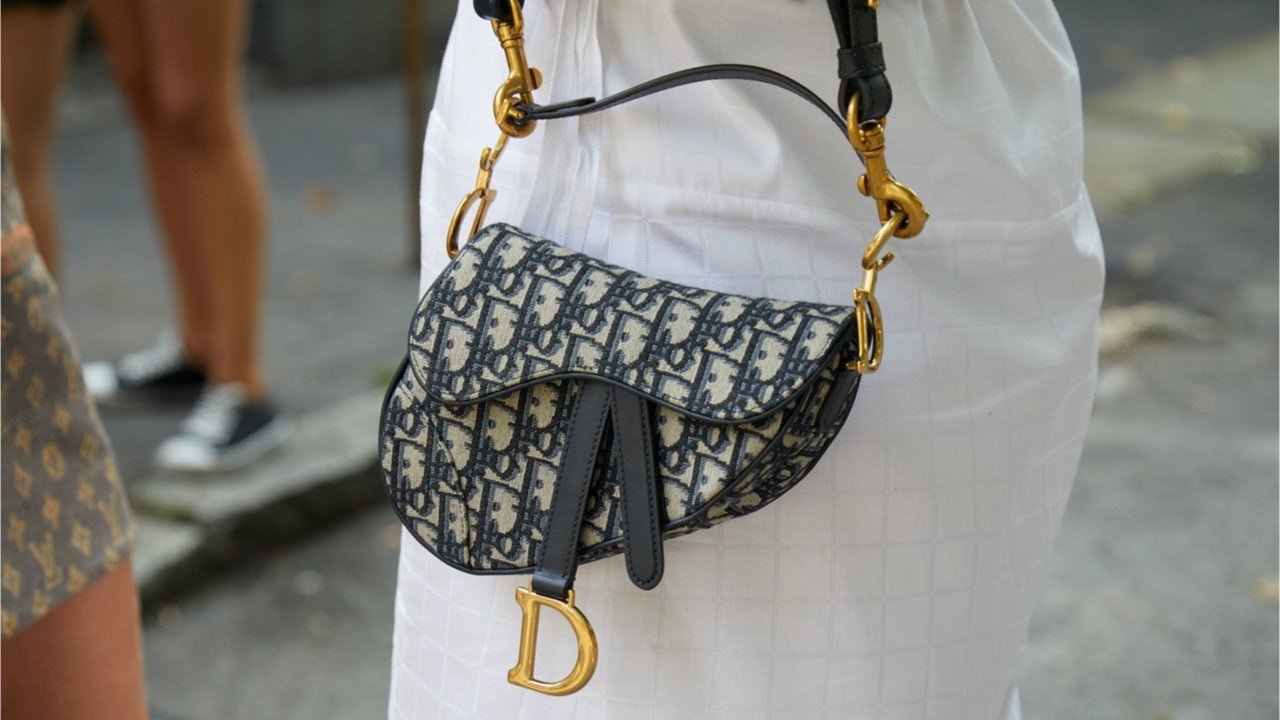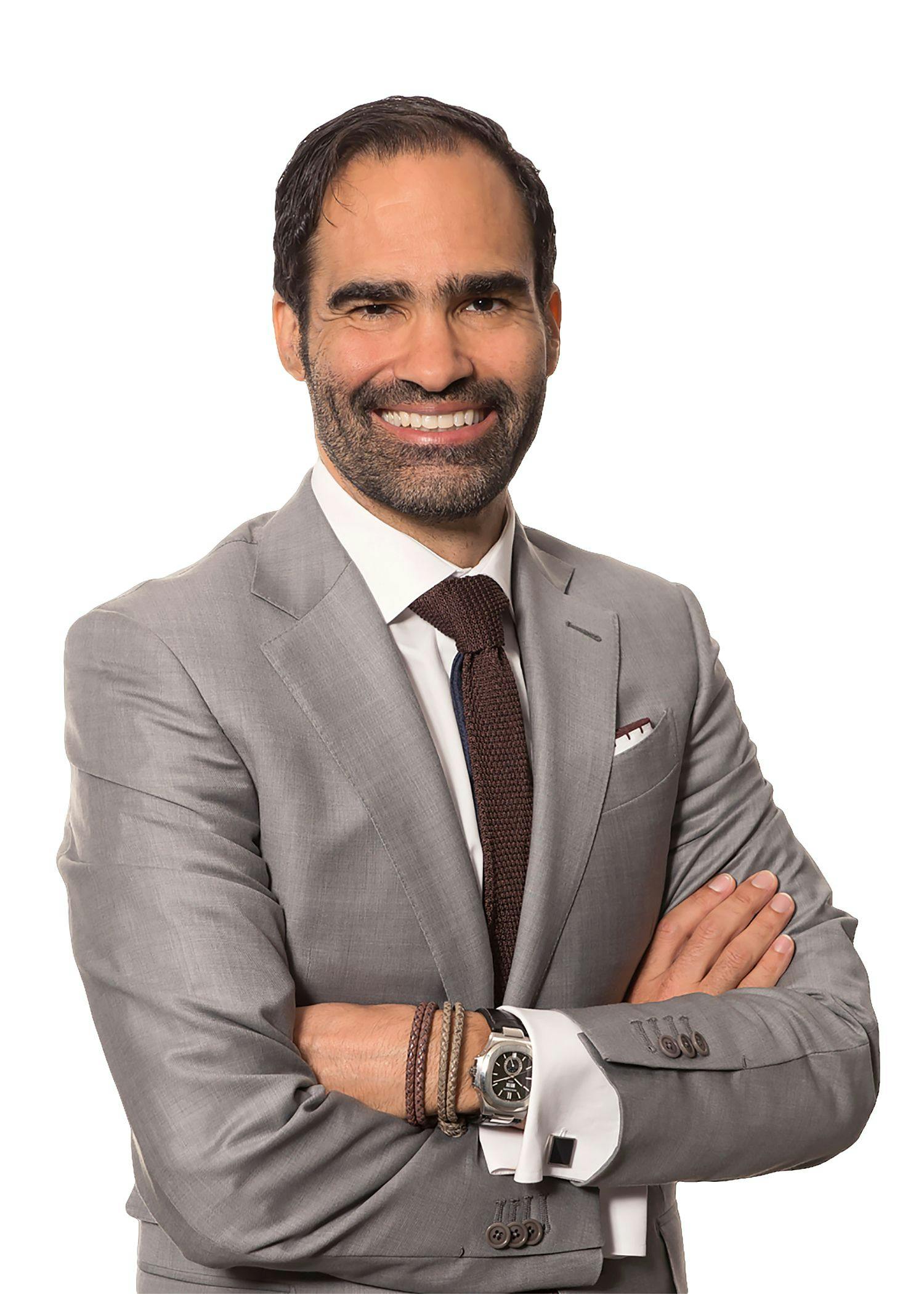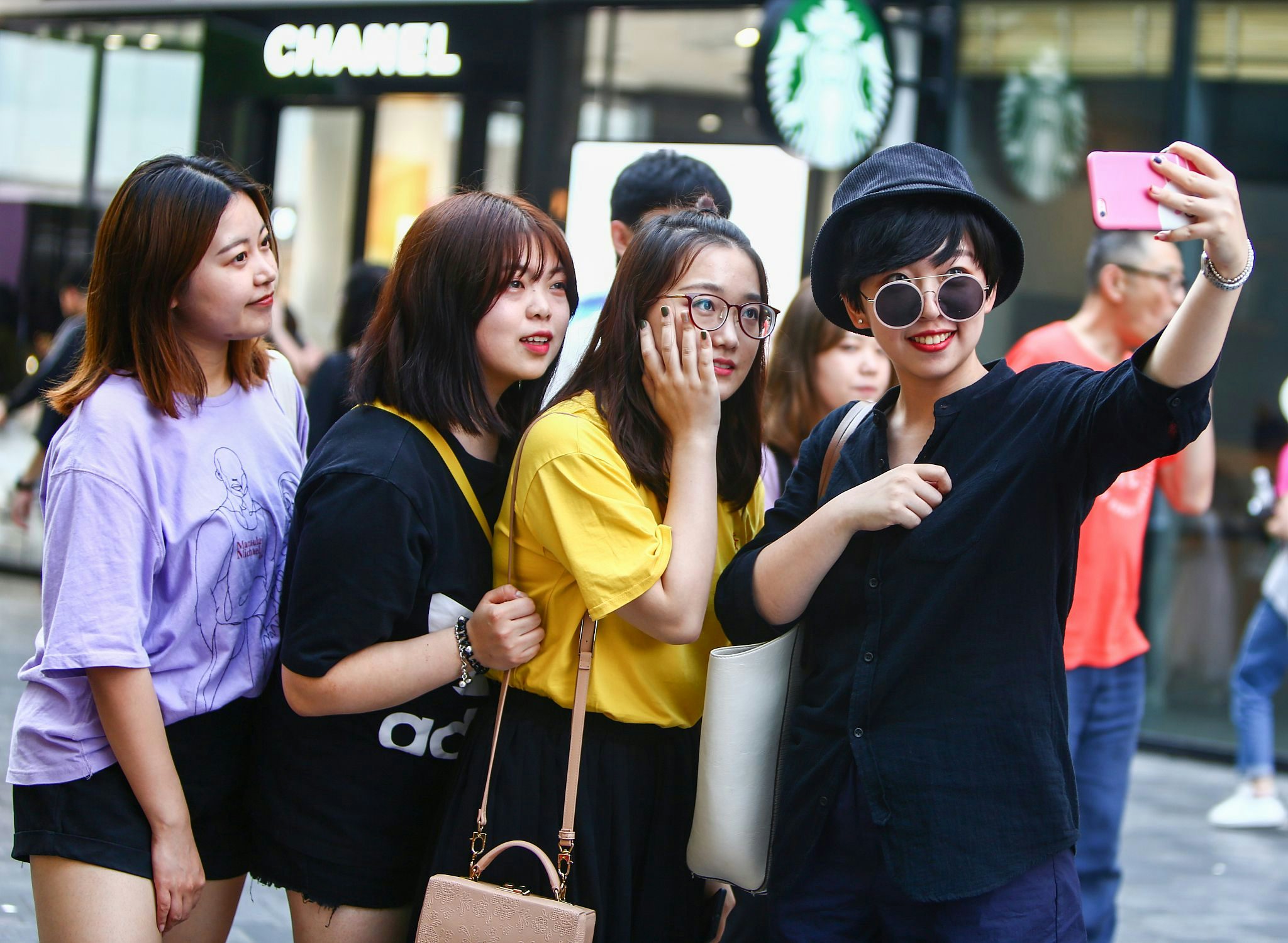There’s always one recurring theme I see in my luxury masterclasses: Luxury managers are aware that their brands aren’t prepared to be attractive or relevant to millennials today — at all. And while they struggle to adapt to changes that have already happened, the changes that are coming via Gen Z will far outpace what they’ve already experienced. As a result, it will be critical for luxury brands to have the ability to anticipate what will happen over the next decade. That’s because, according to research, luxury brands are only relevant to younger consumers if they are considered influential and innovative. Brands that are relegated to following the pack will quickly become irrelevant and will be replaced with zeitgeist-defining brands.
How do we know this? Because of the consumer signals we receive. One of those signals, FOMO (a.k.a. fear of missing out) is what’s driving Gen Zers — more specifically, the fear of not being relevant because they’ve missed out on something culturally important. This is the feeling that will completely change the way brands — and even entire markets — operate in the future.
Imagine that a suitcase company launched a new trolley, and because you weren’t paying attention, you are now among those unlucky people who missed out on the latest fashion accessory. You may ask yourself: How did that happen?
For decades, the suitcase market was one of the most traditional markets (even the most boring one, some say). Consumers bought a suitcase as a utility that would hopefully be used for an entire lifetime. Function and durability won over form every time.
There were some exceptions, mostly due to material differentiation, but most businesses blindly followed the same century-old playbook. But now, within the last few months, everything in the industry has changed. Suitcases are becoming the new sneakers (meaning the hot collectible luxury purchase) thanks to new concept items like Rimowa’s limited-edition collaboration with Christian Dior and Off-White’s transparent trolley. Both products have upended the rules of the category while creating an incredible amount of value and price points the industry has never seen before (4,000 for a cabin trolley, for instance).
Some of these suitcases are so valuable, the owners don’t even use them for travel. They’ve become a must-have/a collectible/a work of art and, most importantly, they create FOMO. Suitcases evolved in less than a year from utilities to highly-sought-after fashion items for a season, for one trip, or even to sit at home. I know one owner of a limited-edition Rimowa suitcase who would rather postpone a flight than check his new luggage. The suitcase could be damaged and not available for the next trip. Thanks to FOMO, consumers are treating must-have possessions as even more valuable than they are
When consumers experience FOMO, they start to follow everything the brand does in fear of missing out on future experiences. But to stimulate the desire to follow, brands must create content that keeps followers engaged. And to keep them engaged, there needs to be authenticity and relevance.
But how do you create an authentic message? It’s important to understand that it’s the customer — not the brand — who decides what’s authentic. If they evaluate the brand and its content as authentic, then it is. If they find it inauthentic: It is. Brand intentions don't matter. There’s no such thing as becoming ”more authentic.” Authenticity is binary: Either a brand is perceived as authentic, or it’s not.
Once a brand is seen as authentic and its message resonates, then relevance is created. Only then will a consumer consider that brand, especially a young, urban Gen Zer. Authenticity drives a consumer’s desire to follow a brand, their positive reactions create FOMO, and in turn, FOMO stimulates more people to follow the brand. It's a virtuous circle if done correctly, and it’s a nightmare that destroys brands when it’s done incorrectly.
What should brands do to prepare for a decade of increasing FOMO at an accelerated pace? First, they need to be aware that consumer perceptions are changing rapidly. This rapid change reinforces the consumer’s need for brands to be innovative and influential. Complacency will completely kill a luxury brand by 2030, as innovation and influence become more and more crucial.
Many brands I speak with are unprepared for this change. They lack a comprehensive brand story that balances the brand’s rational and emotional aspects or offers a clear purpose. The brand story is the base of all brand content, so if the brand story is weak, there’s no way to guide the consumer. Without guidance, content becomes random and empty. Gen Zers will simply look elsewhere. As their influence increases, brands will have to refocus their brand storytelling, equity, and content.
Real-time consumer insights will become a precondition to understanding the rapidly evolving views of consumers, and artificial-Intelligence based insight technologies will replace focus groups and traditional market research, as they lack precision and are too isolated or slow to work in today’s quickly changing marketplace. Very few brands can generate and process real-time consumer insights today, but this will be essential in the future.
FOMO on ”steroids” will separate the successful brands from those who fail. The influence of FOMO will force a completely different way of thinking onto brands. They must ask themselves: How can luxury brands become trendsetters? How can they create a desire in a specific moment? How can they involve more consumers? How can they add perceived coolness? In the future, brand strategies will have to address this and create FOMO-growing moments. How prepared is your brand?
Daniel Langer is CEO of the luxury, lifestyle and consumer brand strategy firm Équité, and the professor of luxury strategy and extreme value creation at Pepperdine University in Malibu, California. He consults some of the leading luxury brands in the world, is the author of several luxury management books, a global keynote speaker, and holds luxury masterclasses in Europe, the USA, and Asia. Follow @drlanger


